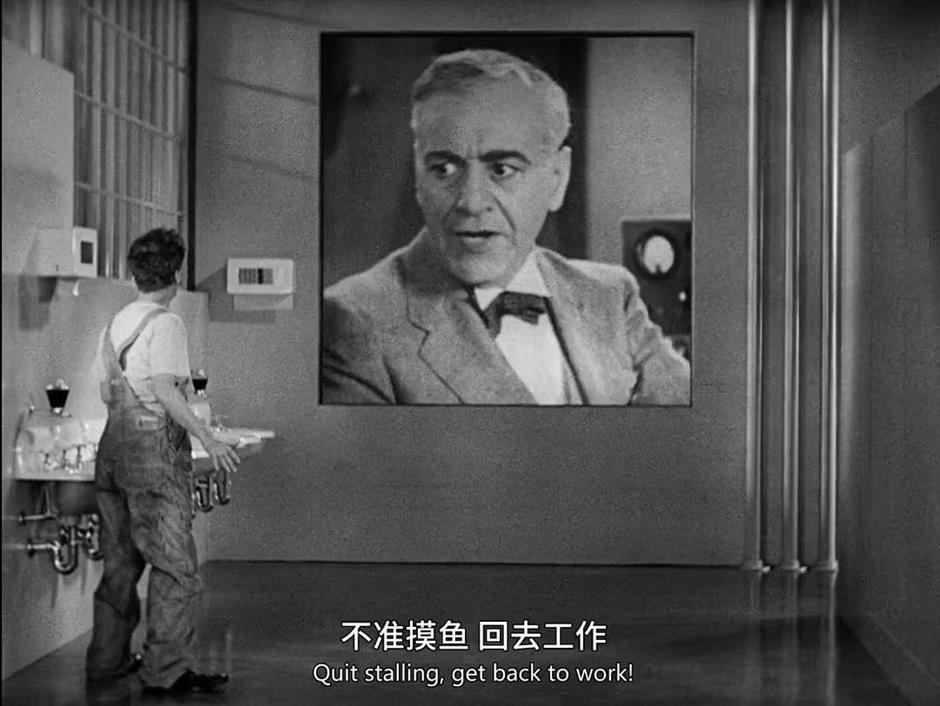Lost in translation: A group of movie subtitlers quits amid controversy

A poster of the blockbuster movie "No More Bets."
The sudden dissolution of the Eden Subtitle Group in protest of a movie portrayal of film translators involved in overseas cyber fraud has ignited debate on social media.
The movie at the heart of the controversy, entitled "No More Bets," dramatizes online scams operating out of northern Myanmar and has become a box office hit in China.
Released on August 8 on the mainland, the film amassed 538 million yuan (US$83.3 million) in just three days, setting a record for limited release box office earnings in Chinese cinema.
The film has so far earned nearly 2 billion yuan, with estimates that it could almost reach 4 billion yuan before the summer blockbuster season is over.
"No More Bets" is inspired by numerous real-life fraud cases. The film includes a segment where a fictional group of movie translators answers a deceptive advertising email and becomes involved in promoting fraudulent activities.
The negative portrayal of their profession outraged the Eden Subtitle Group and led it to announce an end of further translation work.
Zhang Wenbo, chief executive of Bravo Entertainment, which handles the film's marketing, said the scenes in question actually show subtitle group members opposing the spread of unreliable and misleading information. The intent is not to portray them as participating in fraud, he said.
He went on to explain that the story depicts individual susceptibility to scams over time, rather than an attempt to criticize the entire subtitling industry.

Taiwan actor Darren Wang plays a subtitle group member who is lured into embedding illegal material into movie subtitles.
Netizens have given the controversy mixed reviews. Some agree that the plot serves the film's narrative and does not intentionally vilify translation groups. Others argue that the film implies many subtitle groups incorporate scam-related content, potentially damaging the image of the industry.
Most subtitle groups operate on a nonprofit basis, driven by a passion for languages and translation.
Nonprofits face competition from well-paid professional counterparts.
A former member of the Eden said the group has largely been inactive for years, and the recent announcement of its disbandment was probably long in coming.
"Changing trends and a competitive landscape influenced this decision," the former member said.
Established in 2003, Eden was among China's earliest subtitle groups. Its contributions to Chinese cinema evoke nostalgia among many fans.
The group maintained a meticulous workflow, including source acquisition, translation, proofreading, timing, compression and release. One member of the group said a movie was watched six times to guarantee the correctness of the subtitles.

A poster for the US TV series "Grey's Anatomy," released by YTET subtitle group.
For Internet users who enjoyed free films and TV series over a decade ago, when copyright infringement was less defined, translations were essential.
The rise of domestic subtitle groups began around 2000, gaining traction by 2005 with the US TV series "Prison Break." Early groups often comprised university students working on temporary teams. Top subtitle groups included YYeT, Shooter and Eden.
However, these groups struggled for recognition and eventually faced copyright challenges.
The website of YYeT, where people could watch and download overseas TV shows and films, was shuttered by the Shanghai police in January 2021. Its founder was jailed for three-and-a-half years and fined 1.5 million yuan for copyright infringement.

Translation by a subtitle group for the movie "Modern Times."
Most free film sites on the mainland have since been shuttered, compelling subtitle groups to disband.
Nowadays, foreign movie producers, like Netflix and Disney, provide their own Chinese subtitles for films, hoping to cash in on one of the world's biggest cinema markets.
China's domestic box office in the first half of this year surged 53 percent from a year earlier to 26 billion yuan, according to the National Bureau of Statistics. July continued that momentum with receipts at a record 8.7 billion yuan.
On the other side of the coin, Chinese filmmakers hoping to screen their productions overseas rely on translations. The significance of subtitle groups in facilitating access to global cinemas is pivotal, said Yvette Pan, a local movie critic.

A subtitle group translated the dialogue in the popular TV series "Game of Thrones" into Chinese poems.















